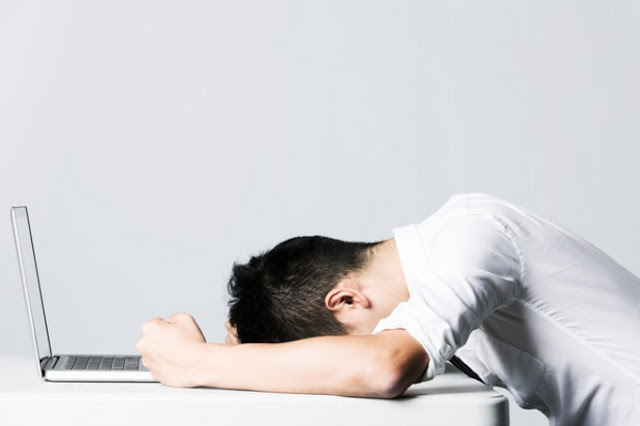Even though the technology is getting better every second, it also feels like it’s more at risk. In fact, a whopping 30,000 sites are hacked every single day, which could mean that yours is vulnerable. Technology is getting easier to use, which usually goes hand in hand with ‘easier to hack.’ Even though you might feel everything’s fine and dandy, it may not be. Despite your best efforts, somebody could still infiltrate your website and steal your information. So, as the host, it’s important that you take the necessary steps to defend yourself. But what can you do?
Well, for those asking that question, you’re in the right place. The following post will provide you with the five best tips for making your website a lot more secure. Don’t take security for granted, or assume your CMS will do the work. It may not!
The best way to go about keeping your website safe from exploitation is to invest in secure coding training for your employees. But before you do that, make sure the basics below are implemented.
1. Be careful with error messages
We’ve all seen those error messages, and they’re a pain at the best of times for the user. It usually means that something is wrong on the site host’s end, and that means the host will need to display an error message.
One of the most common error messages is ‘incorrect username and password. Please try again.’ We’ve all seen it, probably a couple of hundred times at this point. However, imagine if that error read just ‘incorrect username,’ or ‘incorrect password’? That effectively gives away half of that user’s information.
So, when designing the error messages your site will use, be careful not to give away too much information. You could inadvertently give a hacker an easier entry point – if they have the password, they only need an email! It cuts their job in half and you’ll be the one at fault.
2. Security certificates
Ever seen that green padlock next to the URL in the address bar? You want that. It’s an indicator that the site you’re on is a lot more secure than it originally was, making it a hard target for hackers. Implementing HTTPS on your website essentially adds another barrier for hackers to work their way around. If your website frequently transfers customer data, like bank information, this security is essential. It’s not that hard to find special offers for HTTPS certificates around the web, so keep your eyes open!
3. Keep passwords strong and hard to guess
It goes without saying, but your passwords should be long, complex and hard to identify. Imagine if you ran one of the biggest sites on the web, and your password was one of the most common? Most hackers will try generic passwords first. They’re easy to remember and that’s why most people use them. Don’t fall into this trap, and keep your passwords as complex as possible.
4. Basic security software
Security companies like AVG or Norton allow you to buy internet security software, among other packages. In some cases, there is even a free version, which means you won’t have to shell out for basic protection.
While security software like this isn’t the most fully-featured, it’s another layer of protection around your site. That extra layer could make all the difference in the event of a hack! So, if you feel like you’ve added every possible defence mechanism possible, take a look at the more basic stuff. Just because it’s not that advanced, doesn’t mean it’s useless. You’ll also protect yourself from trojans and viruses this way, too.
5. Keep your CMS up to date
Nobody likes software updates and their massive loading bars. It’s a massive time sink that can get frequently annoying. That being said, these updates provide the latest version of a software that may be starting to become less and less secure.
Imagine if your CMS provider discovers a security loophole in version 2 of their software. So, they identify it, eliminate it and release this more secure version in update 3. Update 3 is as secure as it’s possible to get, and will greatly improve the security of your site. However, you’re still stuck on the less-secure version 2, meaning you’re at great risk.
So ensure you’re on the latest version. Most CMS’s will update automatically, or at the very least tell you that a new update is out. Be on the lookout for these notifications every time you log on – it could make all the difference.
In conclusion
So, in short, don’t neglect the importance of the security of your site. It doesn’t take a degree in science or technology to be able to implement basic defence mechanisms. It just takes a little bit of your time.








